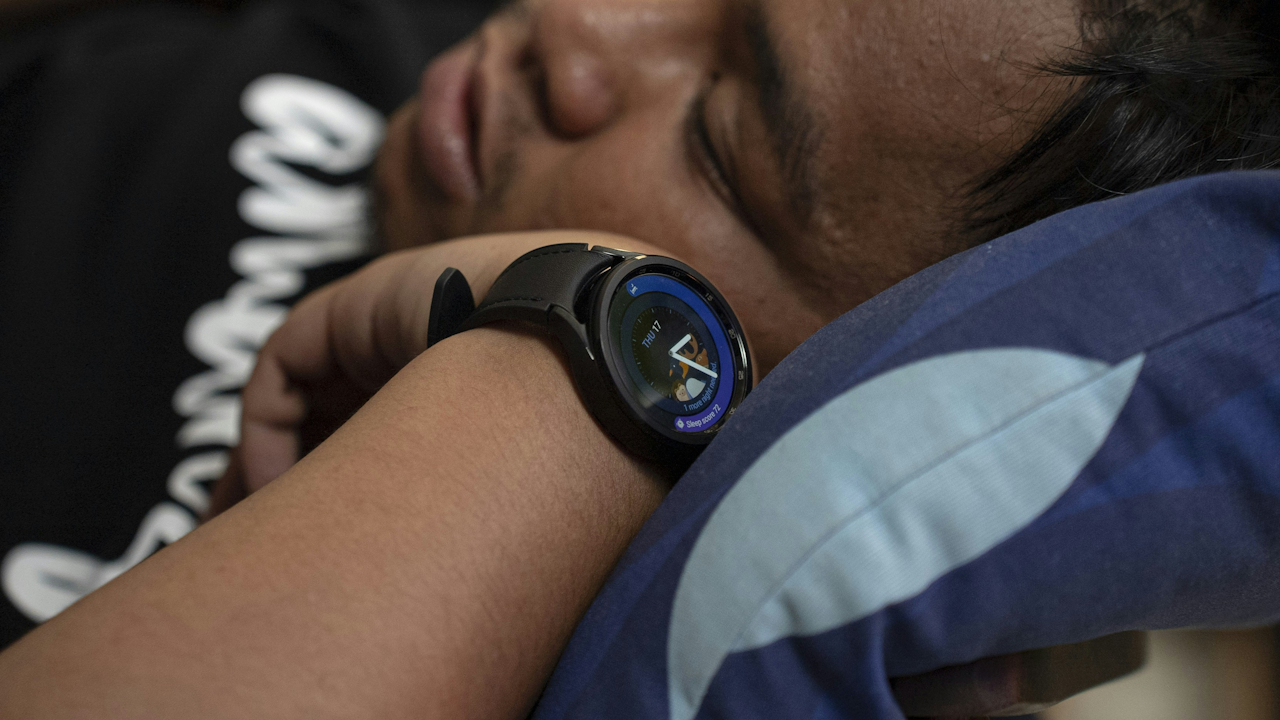Sleep is one of the most important aspects of overall health. Yet in a fast-paced, digitally connected world, many people struggle to get consistent, high-quality rest. Technology is often blamed for poor sleep, but it is also being used to solve the very problem it contributes to. Sleep technology, or “sleep tech,” has emerged as a growing field that uses gadgets, apps, and wearable devices to help people track, improve, and protect their sleep.
Why Sleep Tech Matters
Good sleep supports physical recovery, mental clarity, and emotional balance. Chronic sleep deprivation is linked to health risks such as heart disease, diabetes, depression, and weakened immunity. Given these concerns, consumers are turning to innovative tools that promise to optimize rest. The global sleep tech market is expanding rapidly, with products designed to measure sleep patterns, control the environment, and encourage healthier routines.
Wearable Sleep Trackers
One of the most popular categories in sleep tech is wearable devices. Smartwatches, fitness bands, and even specialized rings are equipped with sensors that monitor heart rate, blood oxygen, and movement throughout the night. These devices use algorithms to estimate how long you spend in light, deep, and REM sleep.
The appeal of wearables lies in their convenience. They allow users to gather insights into how stress, diet, or exercise might affect sleep quality. Some even deliver gentle vibrations to wake you during a lighter stage of sleep, which can reduce morning grogginess. While not as precise as clinical sleep studies, these gadgets provide accessible data that can motivate better habits.
Smart Beds and Mattresses
Another major innovation is the rise of smart beds and mattresses. These products are designed to create an adaptive sleep environment. Some models come with embedded sensors that track body temperature, breathing, and movement. Others feature adjustable firmness settings or climate control systems that cool or warm the bed to your preference.
Couples often appreciate mattresses with dual-zone settings, which allow each person to customize comfort levels. Premium versions may include features like automated snore detection, which slightly elevates one side of the bed to open airways. By addressing comfort and environmental factors, smart beds aim to reduce disruptions and improve sleep efficiency.
Smart Pillows
Smart pillows bring technology to an everyday object in an unexpected way. These pillows often contain sensors and tiny speakers. They can monitor snoring, play calming sounds, or even gently shift position to encourage better head and neck alignment. Some connect to mobile apps that provide feedback on your sleeping posture and breathing.
For those who prefer minimal tech in the bedroom, smart pillows offer a less intrusive option than wearable trackers. They function passively but still deliver useful insights and supportive adjustments.
White Noise and Sound Machines
Sound plays a key role in how easily we fall asleep and stay asleep. White noise machines and smart speakers designed for sleep have become increasingly popular. These devices mask disruptive noises, such as traffic or neighbors, with consistent and soothing sounds. Modern versions go beyond traditional static sounds and include customizable options like rainfall, ocean waves, or guided meditation.
Some sound machines use adaptive technology, automatically adjusting volume in response to external disturbances. By creating a calming auditory environment, they help people relax faster and enjoy more uninterrupted rest.
Smart Lighting and Sleep Aids
Light strongly influences the body’s circadian rhythm, which governs sleep and wake cycles. Exposure to bright screens late at night can confuse the brain and delay melatonin production. Smart lighting systems aim to counteract this problem. These lights gradually dim in the evening to mimic sunset and encourage relaxation, then simulate sunrise in the morning for a gentler wake-up experience.
In addition to lighting, other sleep aids include wearable headbands that deliver gentle vibrations or auditory tones intended to promote deep sleep. Though still experimental, these devices highlight the ways technology is being used to directly influence brain activity for restorative rest.
Apps and Digital Coaching
Beyond physical gadgets, mobile apps play a big role in sleep tech. Many apps provide guided meditations, breathing exercises, or bedtime stories designed to ease stress before sleep. Others use your smartphone’s microphone or accelerometer to track snoring and movement.
Some platforms combine tracking with coaching, offering personalized tips based on your sleep data. These can include reminders to wind down at a consistent time, suggestions for reducing caffeine intake, or advice on creating an ideal bedroom environment. While apps are often less accurate than dedicated devices, their affordability and accessibility make them popular first steps into sleep optimization.
Potential Concerns
While sleep tech offers many benefits, there are potential drawbacks. Relying too heavily on gadgets can sometimes increase anxiety about sleep, a phenomenon known as “orthosomnia.” If someone becomes overly focused on tracking metrics, they may inadvertently create stress that worsens their rest.
Privacy is another concern, as many devices collect sensitive health data. It is important for users to understand how their information is stored and shared. Finally, not all devices deliver clinical accuracy, so people with serious sleep disorders should still seek professional evaluation.
The Future of Sleep Tech
The future of sleep technology looks promising, with innovations moving beyond tracking into intervention. For example, companies are experimenting with non-invasive brain stimulation, AI-driven coaching, and sensors that integrate seamlessly into bedding. As research advances, sleep tech is expected to blend more naturally into everyday routines, offering support without feeling intrusive.
Sleep tech represents a powerful response to one of the most common modern challenges: the struggle for better rest. From wearable trackers to smart mattresses and sound machines, these gadgets provide tools to understand and enhance sleep. While they are not a substitute for healthy lifestyle choices, they can play a supportive role in building better habits and creating an environment that fosters restorative rest. By combining technology with mindfulness about sleep hygiene, people can take meaningful steps toward feeling more refreshed, focused, and resilient each day.


